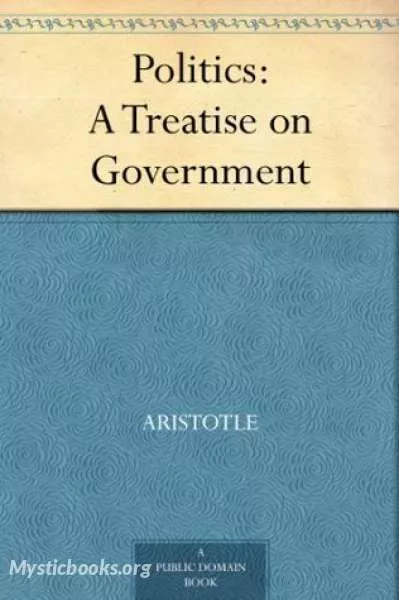
Politics
by Aristotle
'Politics' Summary
In the first book, Aristotle discusses the city (polis) or "political community" (koinōnia politikē) as opposed to other types of communities and partnerships such as the household (oikos) and village. The highest form of community is the polis. Aristotle comes to this conclusion because he believes the public life is far more virtuous than the private and because men are "political animals". He begins with the relationship between the city and man (I. 1–2), and then specifically discusses the household (oikos) (I. 3–13). He takes issue with the view that political rule, kingly rule, rule over slaves and rule over a household or village are only different in size. He then examines in what way the city may be said to be natural.
Aristotle discusses the parts of the household (oikos), which includes slaves, leading to a discussion of whether slavery can ever be just and better for the person enslaved or is always unjust and bad. He distinguishes between those who are slaves because the law says they are and those who are slaves by nature, saying the inquiry hinges on whether there are any such natural slaves. Only someone as different from other people as the body is from the soul or beasts are from human beings would be a slave by nature, Aristotle concludes, all others being slaves solely by law or convention. Some scholars have therefore concluded that the qualifications for natural slavery preclude the existence of such a being.
Aristotle then moves to the question of property in general, arguing that the acquisition of property does not form a part of household management (oikonomike) and criticizing those who take it too seriously. It is necessary, but that does not make it a part of household management any more than it makes medicine a part of household management just because health is necessary. He criticizes income based upon trade and upon interest, saying that those who become avaricious do so because they forget that money merely symbolizes wealth without being wealth and "contrary to nature" on interest because it increases by itself not through exchange.
Book I concludes with Aristotle's assertion that the proper object of household rule is the virtuous character of one's wife and children, not the management of slaves or the acquisition of property. Rule over the slaves is despotic, rule over children kingly, and rule over one's wife political (except there is no rotation in office). Aristotle questions whether it is sensible to speak of the "virtue" of a slave and whether the "virtues" of a wife and children are the same as those of a man before saying that because the city must be concerned that its women and children be virtuous, the virtues that the father should instill are dependent upon the regime and so the discussion must turn to what has been said about the best regime.
Book Details
Language
EnglishOriginal Language
Ancient GreekPublished In
Genre/Category
Tags/Keywords
Authors
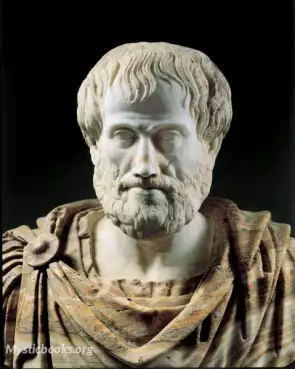
Aristotle
Greece
Aristotle (384–322 BC) was a Greek philosopher and polymath during the Classical period in Ancient Greece. Taught by Plato, he was the founder of the Lyceum, the Peripatetic school of philosophy...
Books by AristotleDownload eBooks
Listen/Download Audiobook
- Select Speed
Related books

Report On The Investigation Into Russian Interference In The 2016 Presidential Election by Robert Mueller
The Mueller Report, officially titled 'Report On The Investigation Into Russian Interference In The 2016 Presidential Election', is a comprehensive do...
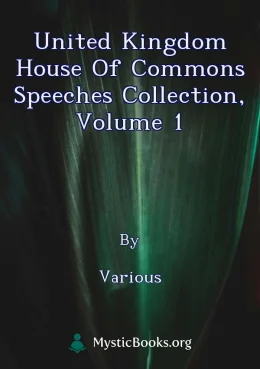
United Kingdom House of Commons Speeches Collection, volume 1 by Various
This collection comprises recordings of 17 historic speeches given to the UK House of Commons between 1628 and 1956. Readings are of speeches orignina...

Princess Casamassima by Henry James
Set in the vibrant and politically charged atmosphere of London in the 1880s, "Princess Casamassima" explores the complex interplay between social cla...
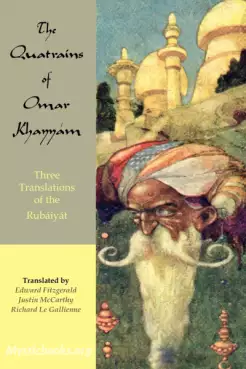
Quatrains of Omar Khayyam of Nishapur by Omar Khayyam
Rubáiyát of Omar Khayyám is the title that Edward FitzGerald gave to his 1859 translation from Persian to English of a selection of quatrains (rubāʿiy...
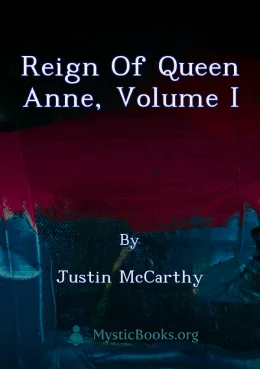
Reign of Queen Anne, Volume I by Justin McCarthy
This book, the first volume of a two-part work, delves into the reign of Queen Anne of England, Scotland, and Ireland, exploring the political landsca...
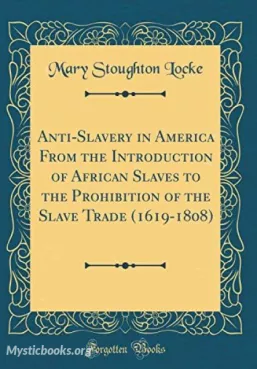
Anti-slavery in America from the Introduction of African Slaves to the Prohibition of the Slave Trade (1619-1808) by Mary S. Locke
In the gripping narrative, a haunting truth unfolds—a truth that transcends time and demands reckoning. Step into the shadows of America's darkest hi...
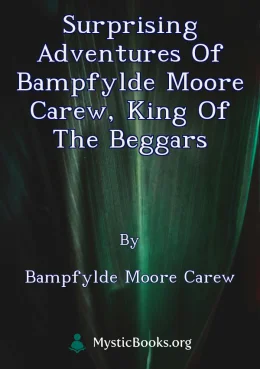
Surprising Adventures of Bampfylde Moore Carew, King of the Beggars by Bampfylde Moore Carew
This autobiography details the life of Bampfylde Moore Carew, a renowned 18th-century English beggar, whose extensive travels and ingenious methods of...
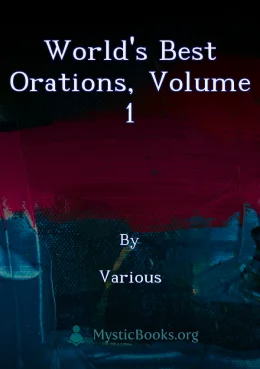
World's Best Orations, Volume 1 by Various
This book is a compilation of some of the world's most powerful and influential speeches from various historical eras and backgrounds. It covers a bro...

Letters on England by Voltaire
Voltaire's *Letters on England* is a collection of essays written during his exile in England. It offers a sharp comparison between English and French...

Theodore Roosevelt; An Address Delivered Before The Congress Of The United States by Henry Cabot Lodge
This book is a biographical encomium delivered by Henry Cabot Lodge, a close friend and confidant of Theodore Roosevelt, upon the death of the 26th Pr...
Reviews for Politics
No reviews posted or approved, yet...